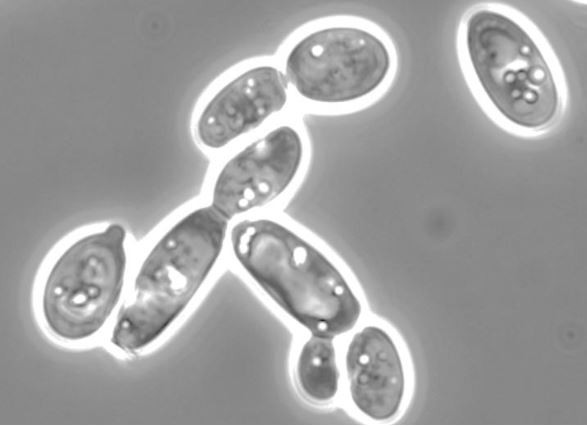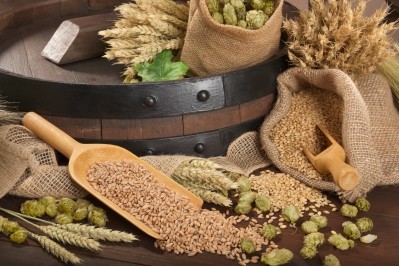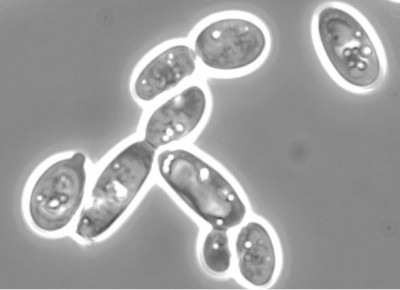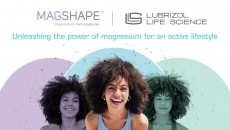EFSA report no safety concerns in supplemental use of Yarrowia lipolytica yeast

Following a request from the European Commission, EFSA’s Panel on Nutrition, Novel Foods and Food Allergens (NDA) could not identify any safety concerns with the NF’s production process nor its composition.
“The production process, basically fermentation followed by washing and drying of the yeast, includes a heat‐killing step of the yeast at high temperatures, resulting in the absence of viable Y. lipolytica cells in the NF,” EFSA’s scientific opinion stated.
“The Panel considers that the production process is sufficiently described and does not raise safety concerns.”
‘Next-gen’ supplements
The applicant, Polish-based firm Skotan has interests in the animal feed industry but are now in the midst of a number of nutraceutical projects co-financed by the European Union.
These include the development of technology that will contribute to a “new generation” of human dietary supplements, based on the Yarrowia lipolytica A-101 yeast strain.
According to the firm, the work will aim to combine micronutrients, vitamins and exogenous amino acids, based on biomass obtained from yeast strain YL A-101 in the form of powder, tablets and oral capsules.
Further active substances contained within these supplements include L-carnitine, vitamins B6 , biotin, folic acid and B 12 and micronutrients (Zn, Se, Mg, K, Ca, Cr, Fe, Cu).
The Chorzow-based company claim the formulated preparations will have significant competitive advantages consisting in higher content and better assimilation of active ingredients that are derived from organic combinations.
EFSA’s scientific opinion allows the use of the NF as capsules or tablets, with proposed amounts of 1–2 g/day for children from 3 years to less than 10 years of age, and 2–3 g/day thereafter.
In powder form EFSA permit a daily intake of 1.5–3 g/day for children from 3 years to less than 10 years of age, and 3–6 g/day thereafter.
The maximum use levels proposed irrespective of the form consumed are 3 g per day for children from 3 years to less than 10 years of age, and 6 g per day thereafter.
Y. lipolytica nutritional makeup
Y. lipolytica has been isolated from the environment (i.e. soil and water) as well as from foods high in fat and protein such as ripening meat and dairy products like cheese.
Its makeup consists primarily of proteins (about 45–55 grams (g)/100 g) and dietary fibre (about 25 g/100 g). This fibre is mainly composed of beta‐glucans, complex polysaccharides that form part of the cell walls of yeasts and cereals.
The fat content in the NF is about 7–10 g/100 g, the majority being mono‐ and polyunsaturated fatty acids.
“The Panel considers that given the protein content of the NF (45–55 g/100 g) allergic reactions to the NF cannot be excluded. However, the Panel considers that the risk is low.”
Skotan’s other projects include the production of nutraceuticals based on omega-3 and omega-6 fatty acid ethyl esters, which the firm believe is a first with no ester currently on the market obtained from a mixture of oils.
According to the project literature, the product would be better absorbed, non-toxic and have no trace of ethyl alcohol.















